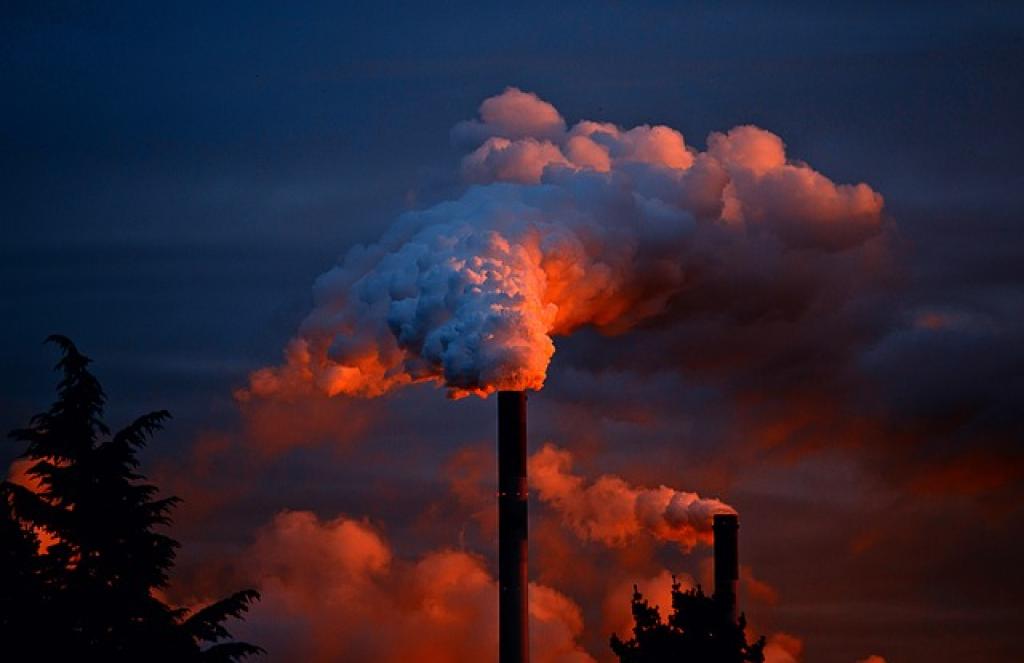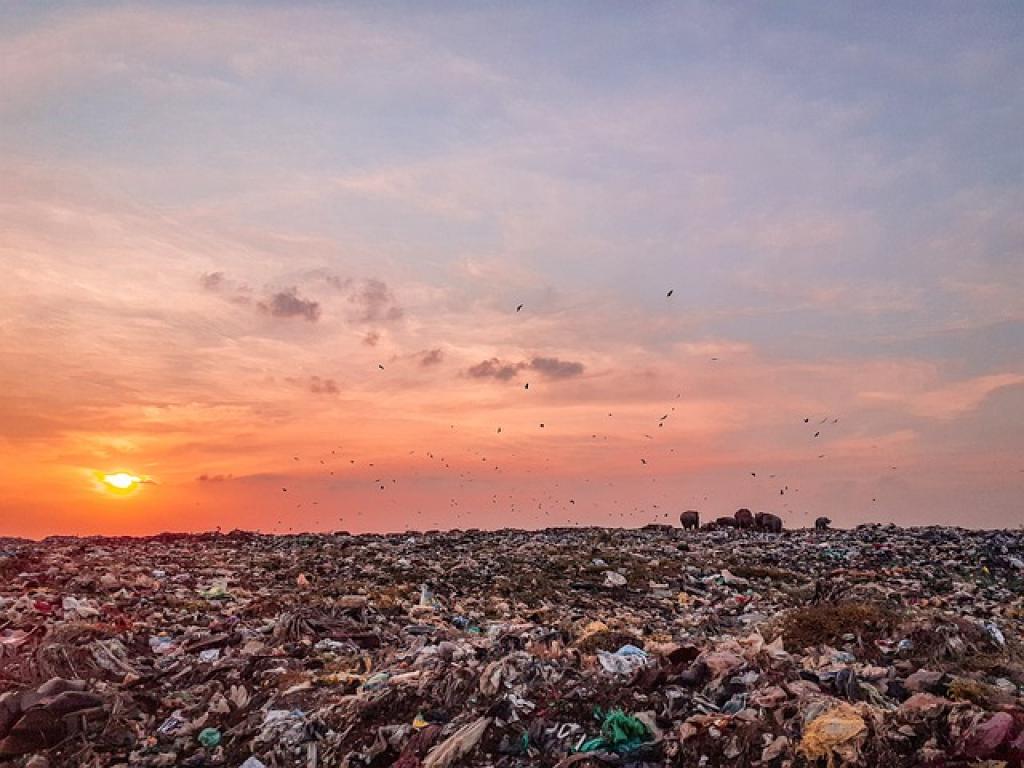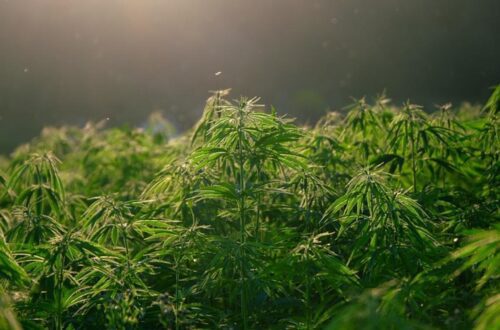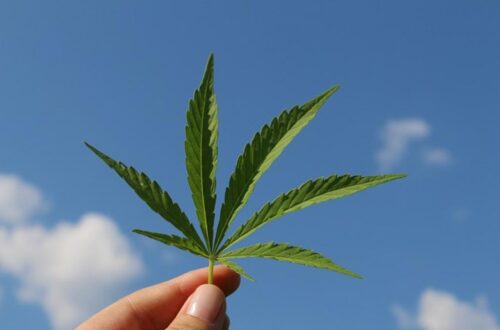In a world where pollution is a growing concern, the search for natural solutions is more important than ever. Surprisingly, hemp, the versatile and often misunderstood plant, might be a key player in combating both air and water pollution.
Hemp has the remarkable ability to absorb toxins from the air through a process known as phytoremediation. This means that fields of hemp can help clean the air we breathe.
Additionally, hemp’s extensive root system can purify water by breaking down harmful contaminants. From industrial runoffs to everyday pollutants, hemp plants could transform contaminated water into something much safer.
Curious about how this green powerhouse works? Let’s explore the incredible ways hemp can make our planet cleaner and healthier.
How Can Hemp Be Utilized to Reduce Air Pollution?
Hemp plants are mini air purifiers thanks to their ability to capture carbon dioxide from the atmosphere. Through photosynthesis, they convert CO₂ into oxygen, making the air much cleaner.
One of the most exciting aspects is hemp’s role in phytoremediation. This process allows hemp to absorb pollutants, such as heavy metals and toxins, directly from the air. It’s almost like the plant has its own built-in air filter.
The Role of Hemp in Urban Areas
Urban areas, with their dense populations and high levels of pollution, can benefit immensely from hemp cultivation. Rooftop gardens and small plots of land planted with hemp can significantly improve air quality in cities.
Hemp’s rapid growth rate is another plus. It can grow to maturity in just a few months, allowing for multiple cycles of air purification within a single year.
Farmers and city planners alike can make use of this incredible plant to combat air pollution, contributing to a greener and more breathable environment for everyone.
What Are the Benefits of Using Hemp for Water Pollution Control?
Hemp is a superstar when it comes to cleaning up water pollution. Its roots can penetrate deep into the soil, where they help to filter out toxins and contaminants from water sources.
One of the major benefits is its ability to absorb heavy metals like lead, mercury, and cadmium. These substances are harmful to both the environment and human health, so having a natural way to remove them from water is a game-changer.
How Hemp Improves Soil and Water Quality
Hemp’s deep roots also help to stabilize soil, preventing erosion and runoff. This means less silt and fewer pollutants end up in our rivers and streams. Cleaner soil leads to cleaner water, benefiting the entire ecosystem.
In agricultural settings, hemp can be used in crop rotation to naturally cleanse the soil, making it a healthier environment for future crops. This also reduces the need for chemical fertilizers, which often seep into water supplies.
Hemp provides an eco-friendly, sustainable option for water pollution control, improving water quality and supporting healthier ecosystems. Whether planted alongside rivers, used in wetlands restoration, or integrated into farmland, hemp is a powerful tool in the fight against water pollution.
Are There Any Studies Supporting Hemp’s Effectiveness in Pollution Control?
Yes, there are several studies that highlight hemp’s potential in pollution control. Researchers are increasingly interested in this versatile plant for its remediation capabilities.
One study from the University of Virginia showed that hemp plants could remove trace metals from contaminated soil. The researchers found that hemp absorbed significant amounts of heavy metals, proving its effectiveness in cleaning polluted environments.
Real-World Applications
In another study conducted in Italy, hemp was used to clean up former industrial sites. The results were promising, with the plants showing substantial capabilities in soil decontamination, especially in areas polluted by heavy metals like zinc and cadmium.
Beyond soil, experiments have shown hemp’s ability to purify water as well. For instance, a study in Poland revealed that hemp roots are effective in removing contaminants from wastewater, reducing the overall pollutant load.
It’s clear from these studies that hemp can play a crucial role in pollution control. As more research emerges, the confidence in hemp‘s environmental benefits continues to grow, supporting its wider adoption as a natural solution for a cleaner planet.

What Are the Potential Challenges of Implementing Hemp for Pollution Control?
While hemp shows great promise in pollution control, there are some challenges to consider when implementing its use on a larger scale.
One significant challenge is the regulatory environment. In many regions, stringent laws and regulations regarding the cultivation of hemp can create hurdles. This can slow down projects or make large-scale implementation difficult.
Another issue is the specialized knowledge required to grow hemp effectively for remediation purposes. It’s not just about planting seeds; proper soil testing, plant monitoring, and harvesting techniques need to be thoroughly understood and applied.
Additionally, there’s the challenge of public perception. Despite the growing awareness of hemp’s benefits, some people still associate it primarily with its psychoactive cousin, marijuana. This can lead to resistance from communities or stakeholders.
There are also economic considerations. Although hemp cultivation can be cost-effective in the long run, the initial setup and maintenance costs can be high. This financial barrier might deter smaller communities or organizations from adopting hemp for pollution control.
Lastly, there’s the challenge of disposal. Once hemp plants have absorbed pollutants, safely processing and disposing of these contaminated plants is crucial. Proper facilities and protocols need to be in place to ensure environmental safety.
Despite these challenges, hemp’s potential benefits make it worth considering as a valuable tool in our fight against pollution. Addressing these challenges head-on can pave the way for a cleaner and greener future.
The Bottom Line: The Future Potential of Hemp in Air and Water Pollution Control
In conclusion, the potential of hemp in air and water pollution control is undeniably promising. Hemp’s unique characteristics allow it to absorb toxins, heavy metals, and other pollutants, making it an effective natural remedy for environmental cleanup efforts.
Transitioning to the widespread use of hemp for pollution control is not without its hurdles. Regulatory barriers, the need for specialized knowledge, and public perception can complicate the process. However, these challenges are not insurmountable. With continued research and investment, solutions can be found.
Alongside this, the economic and environmental benefits of hemp should not be underestimated. Given its ability to grow quickly and sustainably, hemp provides a cost-effective and eco-friendly alternative to traditional methods of pollution control. As awareness grows and laws evolve, we can expect more communities and industries to embrace hemp’s potential.
In addition, the safe disposal of contaminated hemp plants is a crucial aspect that needs careful planning. Developing the right infrastructure and protocols will ensure that hemp’s use in pollution control is both effective and safe for the environment.
Ultimately, the future of hemp in pollution control looks bright. Its ability to clean the air and water while contributing to sustainable practices places hemp at the forefront of innovative environmental solutions. By addressing the current challenges and embracing this green alternative, we can make significant strides towards a cleaner, healthier planet.
As we move forward, let’s keep an eye on the evolving landscape of hemp research and regulation. The advancement in this field holds the promise of a revolutionary tool in our ongoing battle against pollution.






